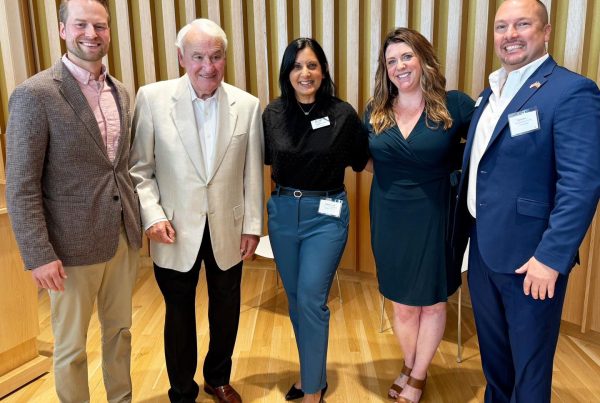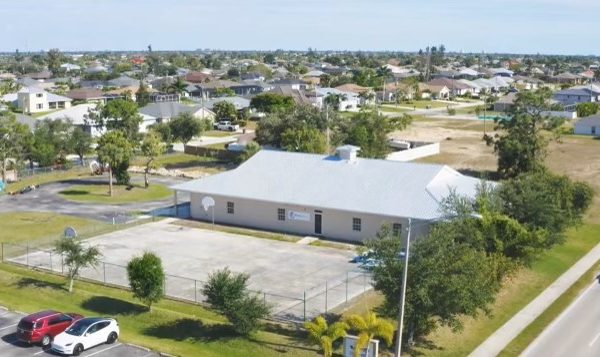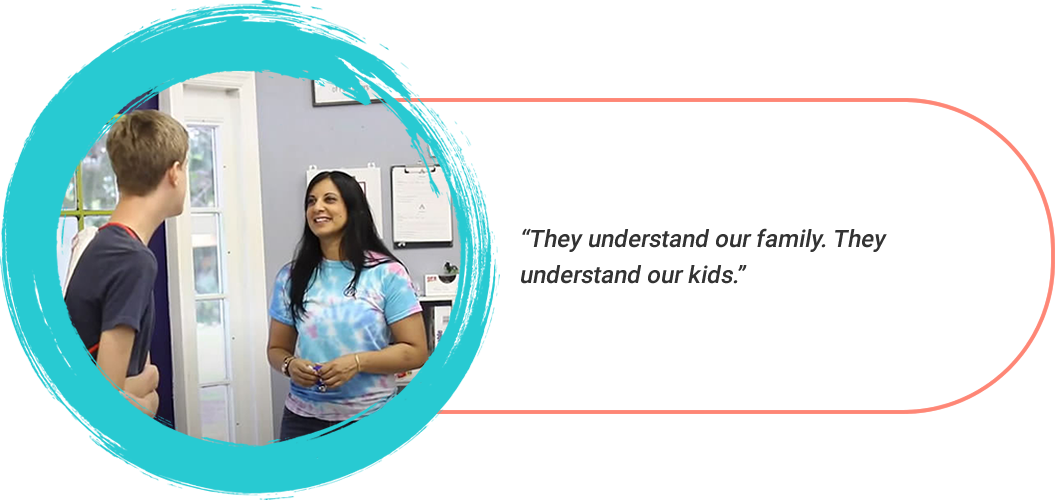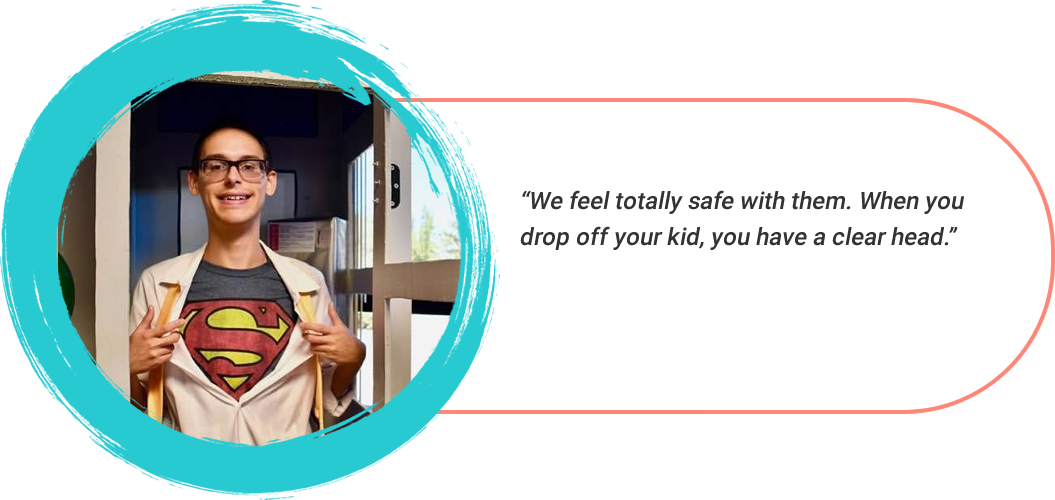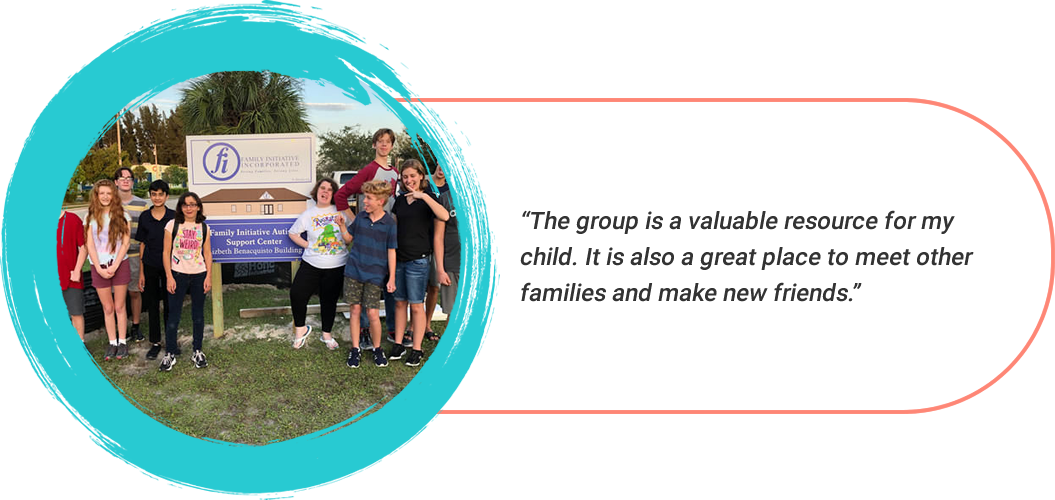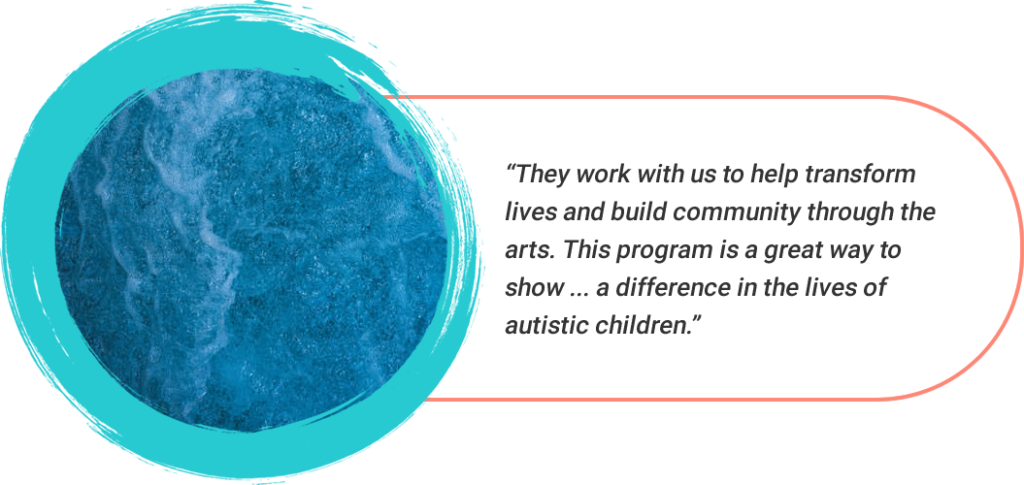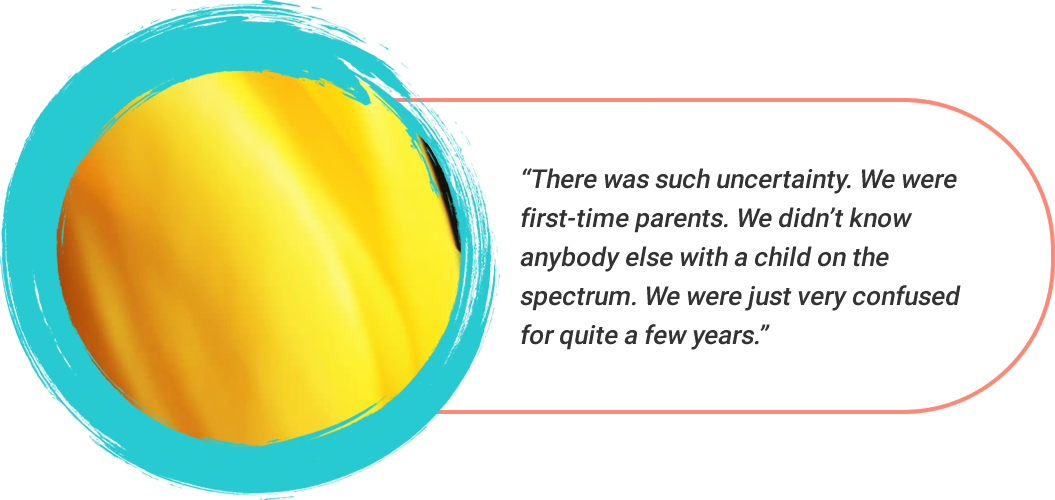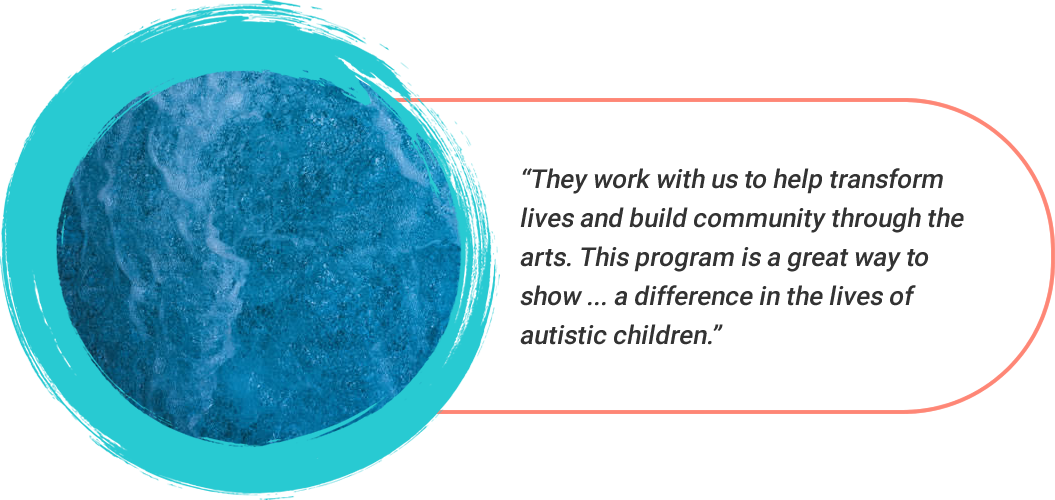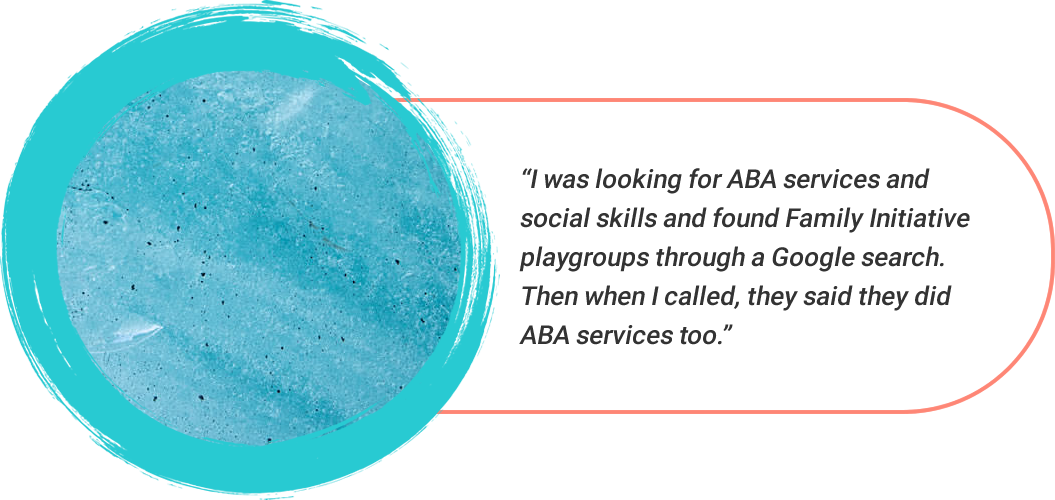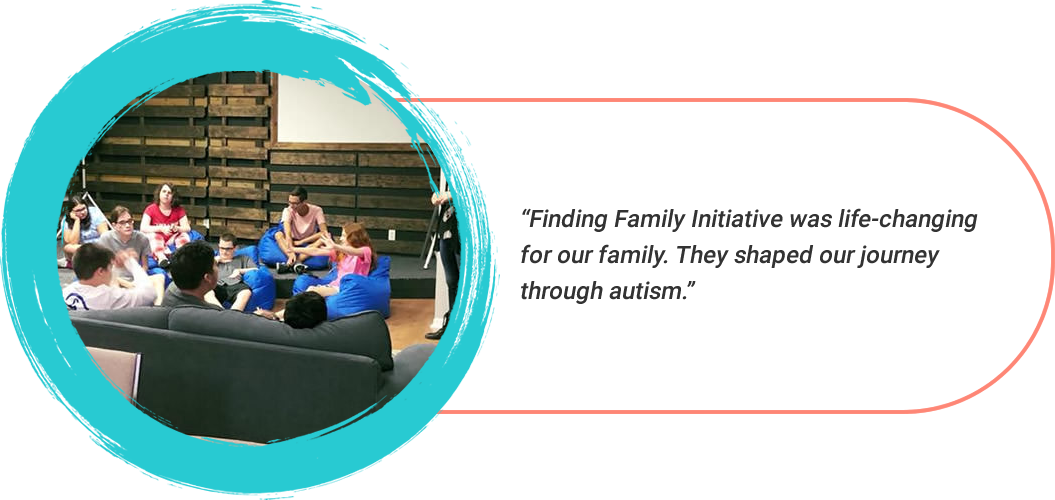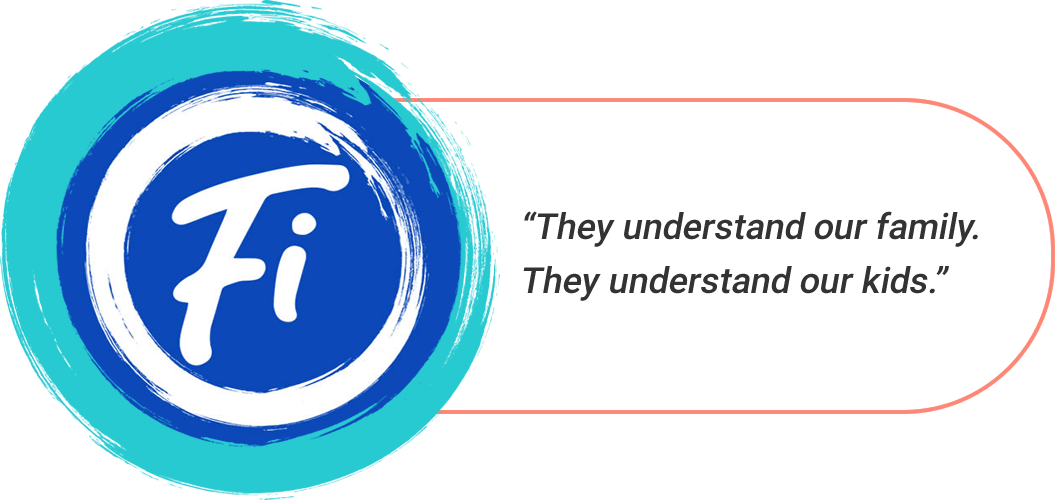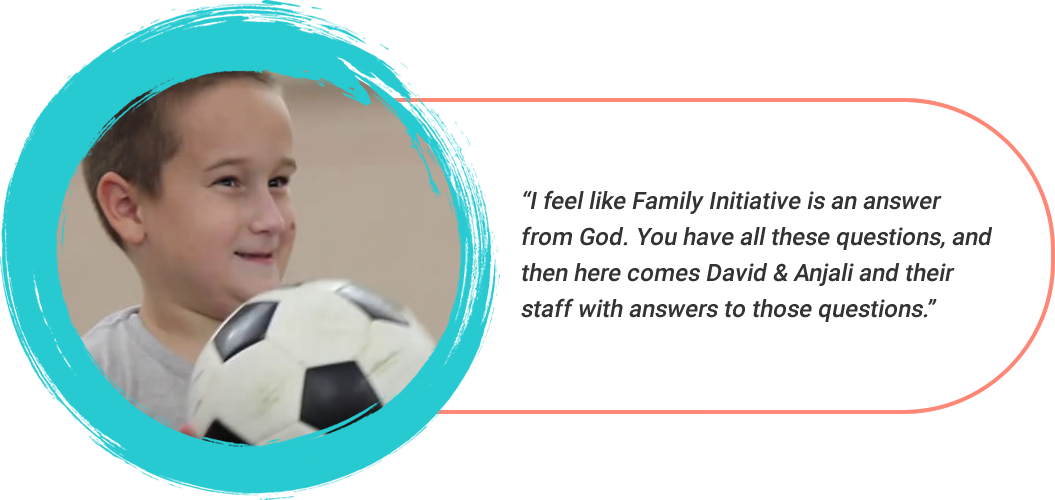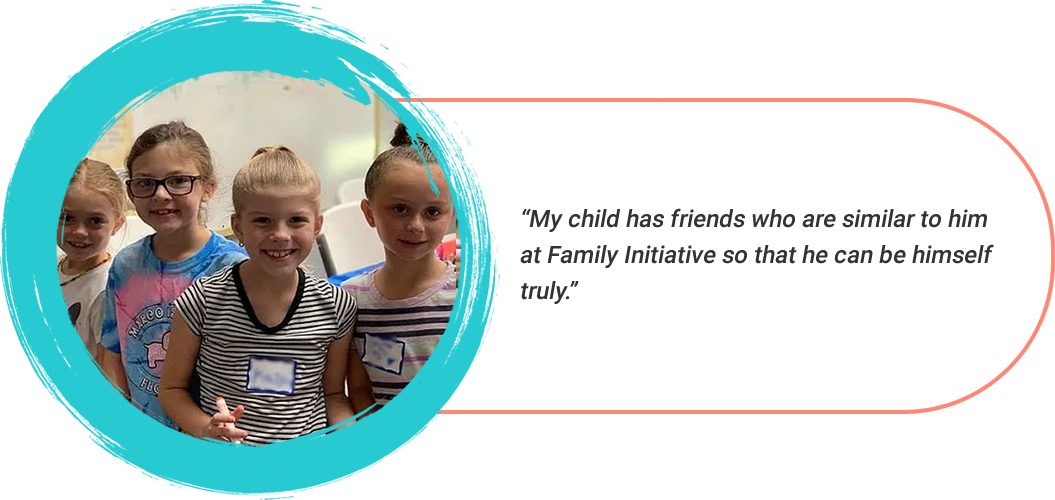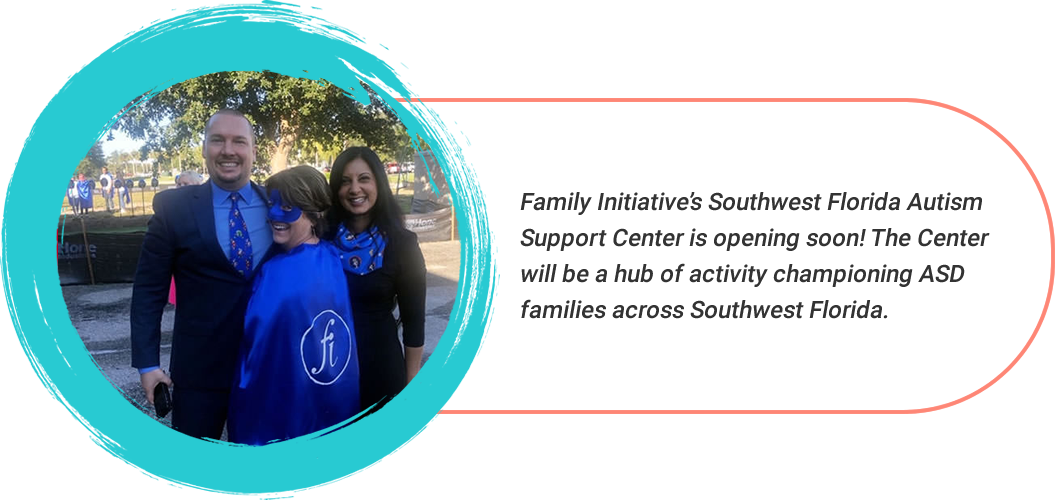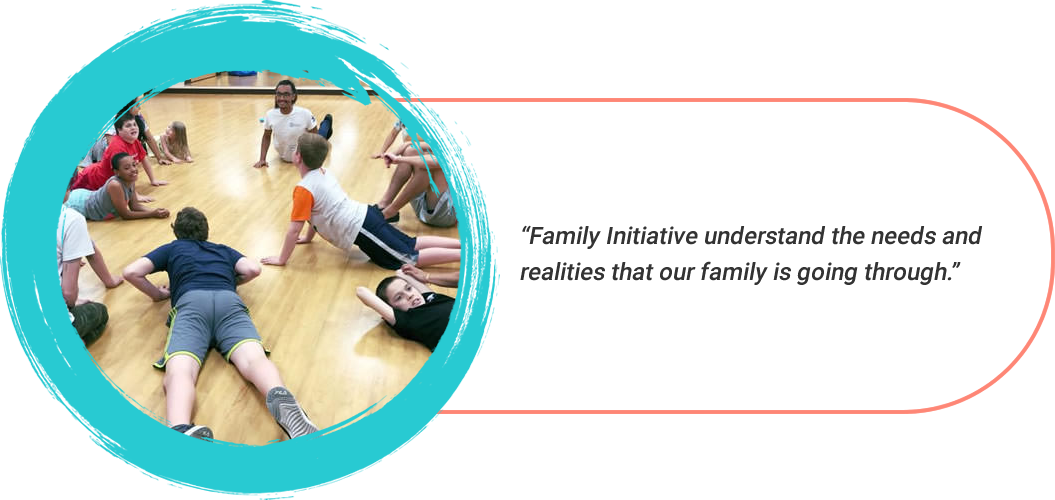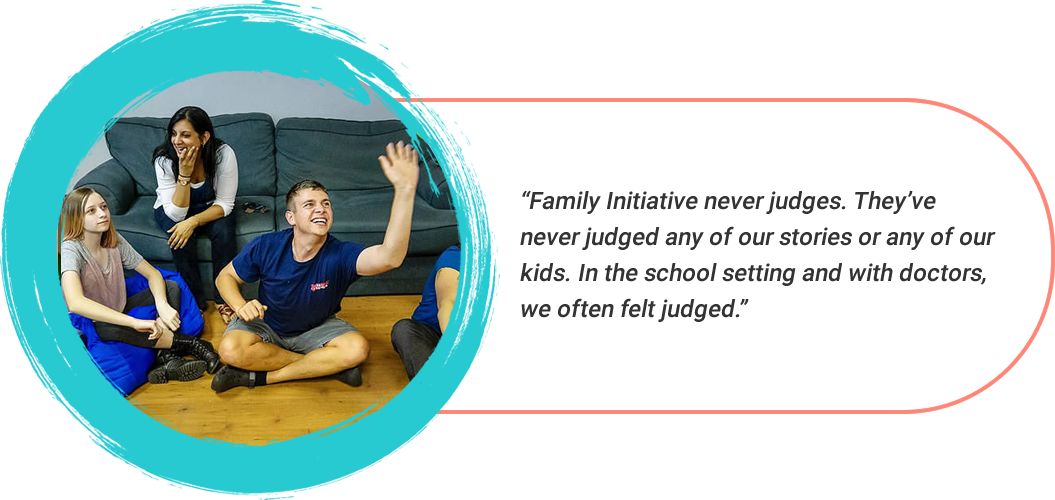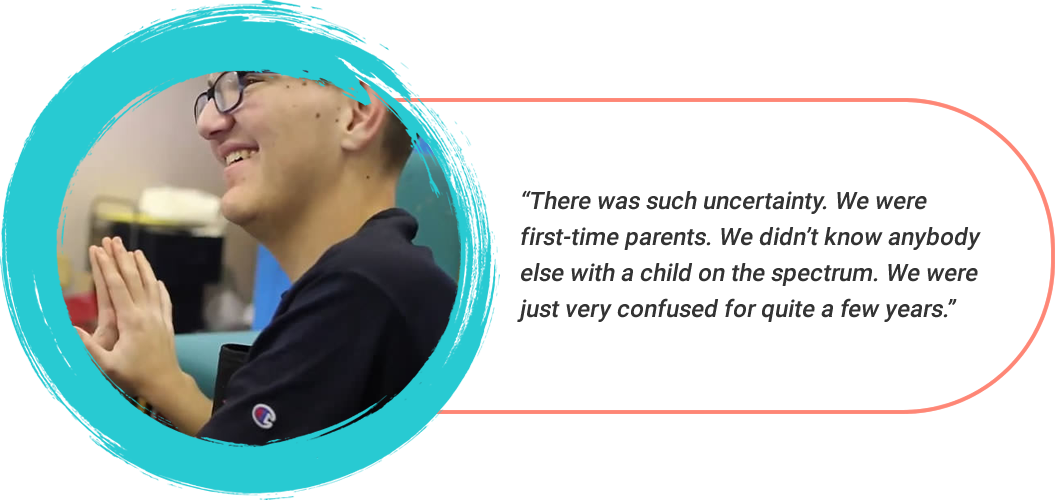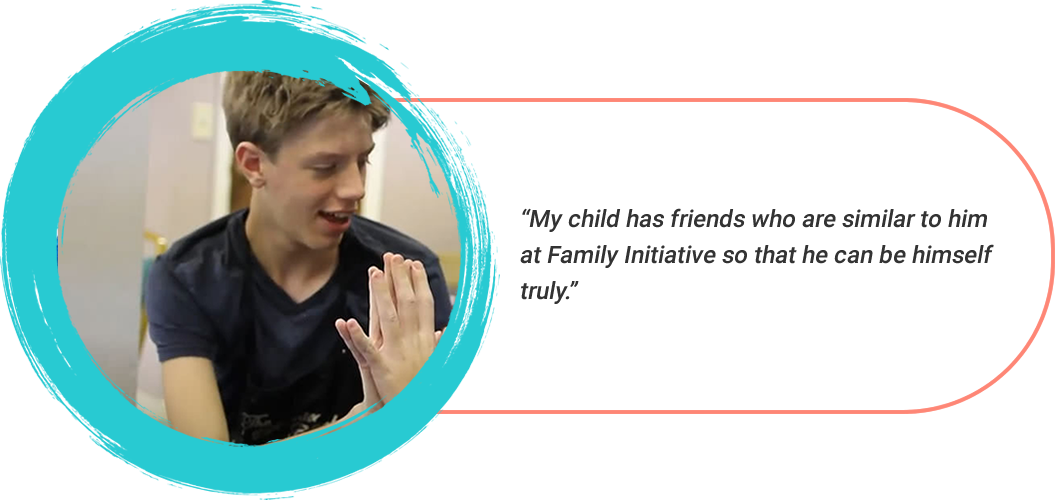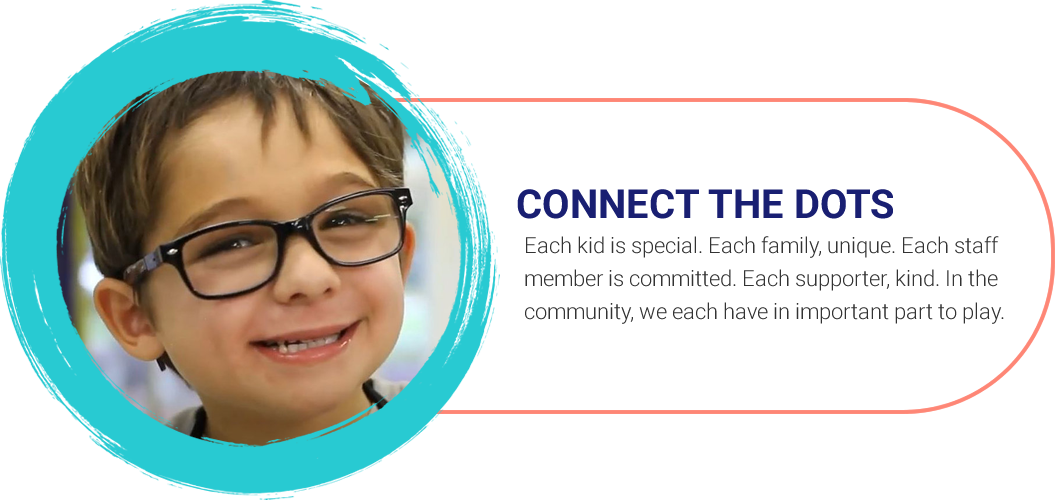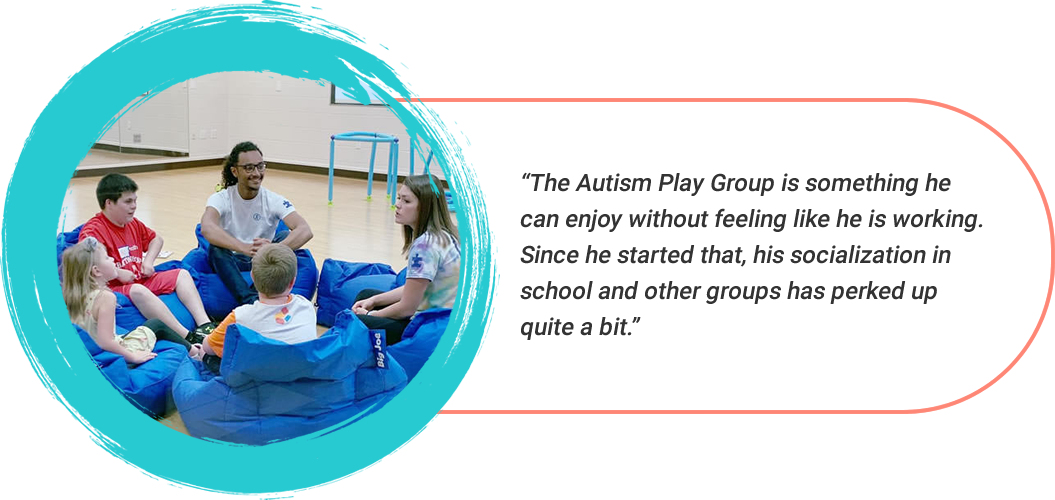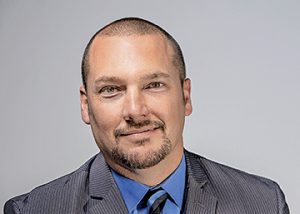
Guest Commentary:
With autism diagnoses on rise, community outreach – and acceptance – is critical
By David Brown
The recent announcement of an increase in autism spectrum disorder among U.S. children comes at an significant moment: April is Autism Acceptance Month, a campaign to shift public perspective on autism from mere awareness to wholehearted acceptance, inclusion, understanding and compassion.
New research by the federal Centers for Disease Control and Prevention found that in 2020, among 8-year-olds, one in 36 (or nearly 3%) had autism. That’s compared to one in 44 from 2018.
Many suggest this rise illustrates the impact of increased screening and greater awareness nationwide. But even with that caveat — and the limitations of now three-year-backward looking data set — there’s no denying that more individuals and families are navigating the world of autism each day.
On the flip side, researchers have also found that the pandemic’s 2020 arrival coincided with a decline in autism evaluations — a disconnect that reinforces the critical need to reach more families where they live, work and play.
Here in Southwest Florida, our team at the Cape Coral-based, nonprofit Family Initiative, through compassion and innovation, is working to redefine autism programs and clinical services. We offer a family-centered approach that includes evidence-based services, practical training and compassionate support, and are the first organization in the region with an on-site campus dedicated to supporting individuals and families impacted with autism spectrum disorder.
Early intervention remains a core priority; each month, we offer free autism screenings for children 1-3 years old.
So does ensuring that our services are available to all in need, including low-income families and communities of color. The new CDC research, based on studies of children in 11 communities across the country, found a 30% increase in autism spectrum prevalence among Asian, Black and Hispanic children from 2018-20; the prevalence among white children was 14.6% higher.
By gender, researchers found prevalence in 4% of boys compared to just 1% of girls. Does that mean that girls are less likely to be autistic than boys? Not necessarily. I would argue that gender bias may be impacting girls in meeting the disorder’s original diagnostic criteria accounts for much of that disparity. This false narrative can be a self-fulfilling prophecy of sorts: the relatively few girls diagnosed on the autism spectrum get less support. Girls’ earlier maturation can make them better at masking their diagnosis, further compounding the dilemma.
There’s also a glaring need for programs aimed at teens and young adults, allowing them to be themselves and find acceptance. This spring, we are expanding our programs for such cohorts while also bolstering our offerings for parent and sibling support.
Autism is a lifelong journey; the overwhelming majority of adults with autism spectrum disorder, even those with a college education, remain unemployed. As these children grow up, so do their plans — and their dreams.
When it first started, Autism Acceptance Month was known by another name: Autism Awareness Month. Simple awareness, though, isn’t enough. With growing diagnoses of autism spectrum disorders, the data supports what we at Family Initiative have long realized: We are not the “other,” but instead your friends, neighbors, children, classmates, co-workers, church parishioners, community volunteers and more.
We’re fortunate to enjoy robust support from the local community, and want to also share details about two signature upcoming events.
On Saturday, April 22, we are hosting a family-friendly cornhole tournament at 10 Twenty Five in downtown Fort Myers. One week later is our annual Autism Acceptance Awards and Gala on Saturday, April 29. For additional details on these events, visit FI-Florida.org.

